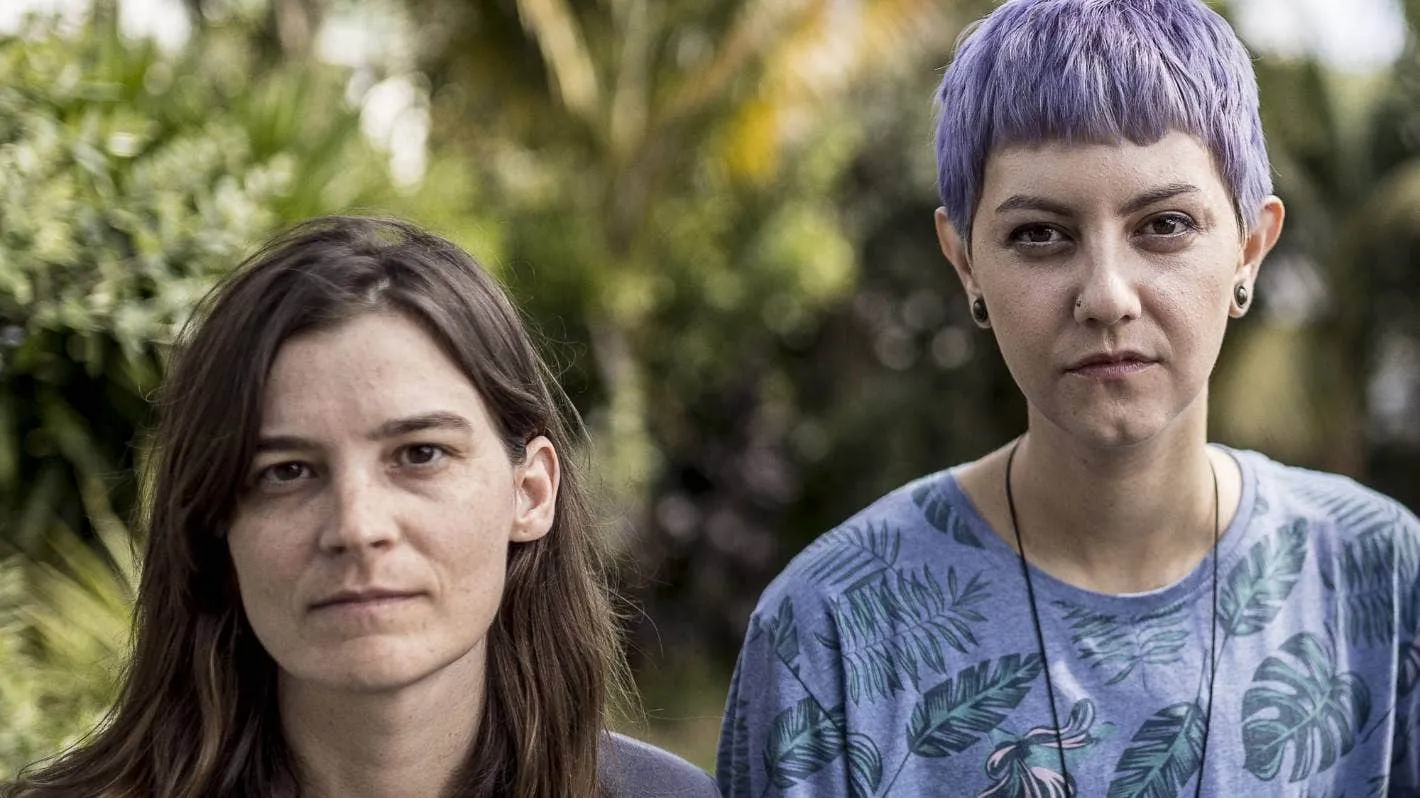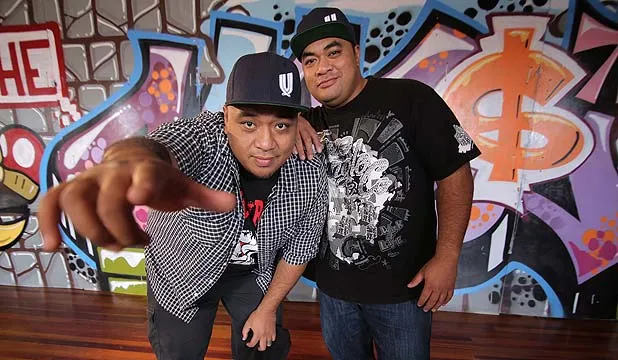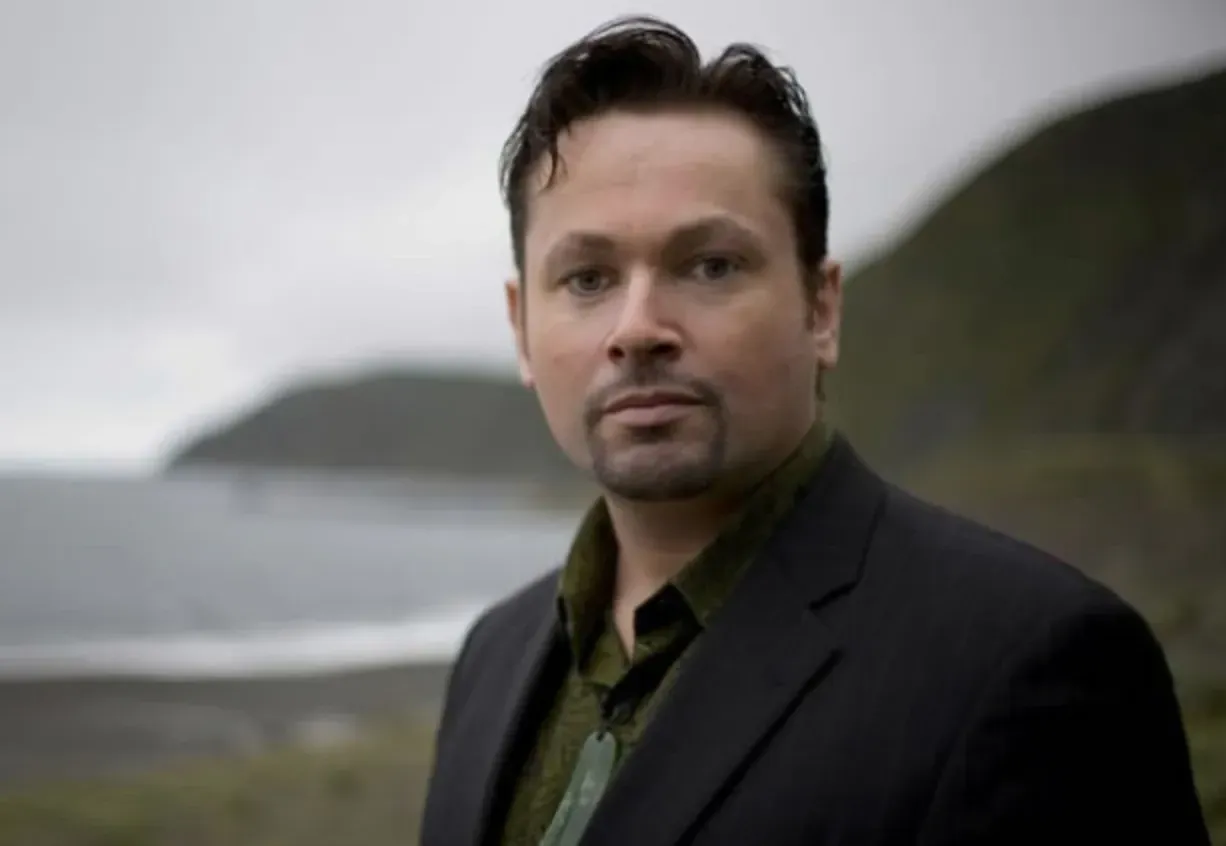No More Excuses
Written by
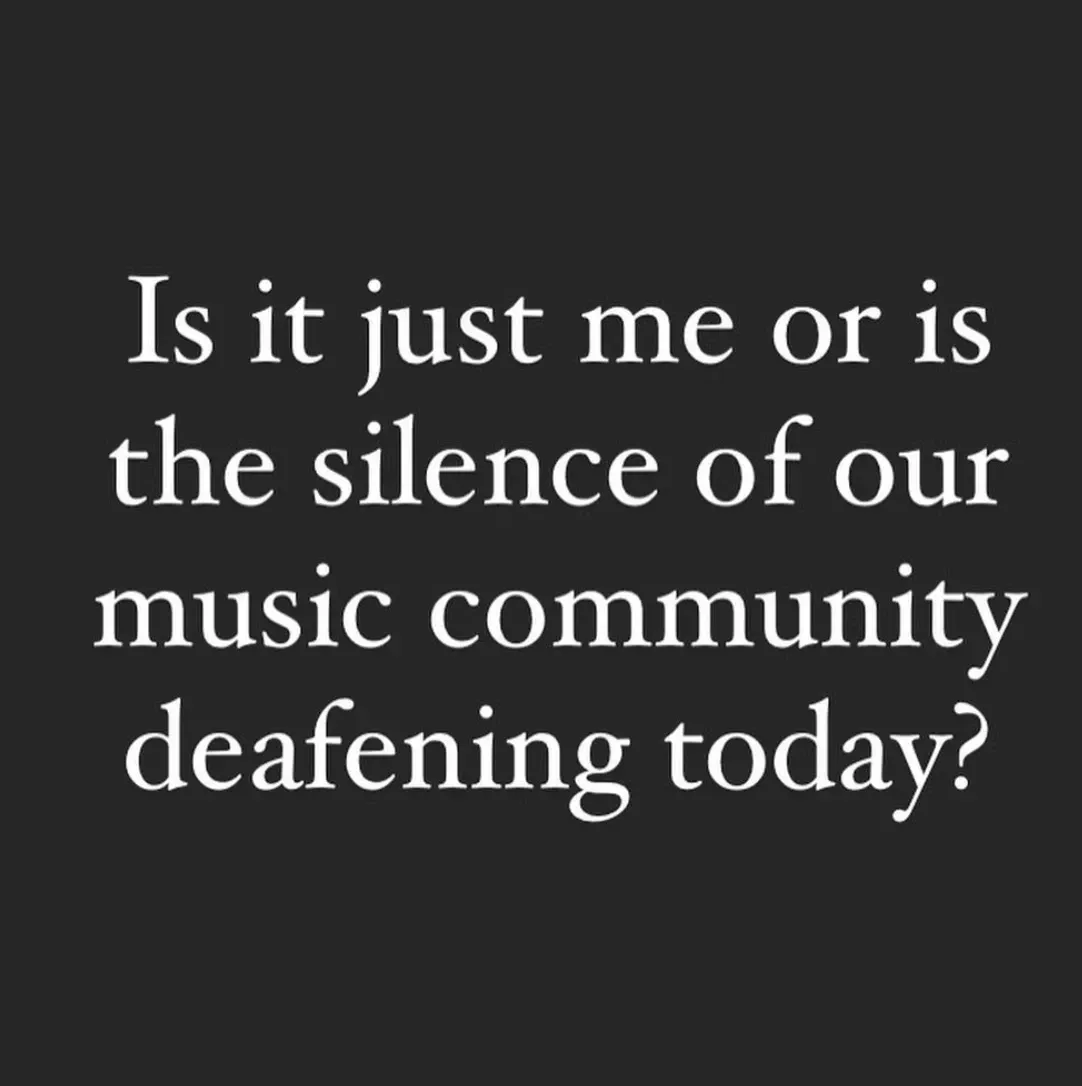
Silence is not golden
I shouldn’t have to write the sentence “it has taken Aotearoa’s music industry too long to have its #MeToo moment.” Because they shouldn’t have had a #MeToo moment in the first place. None of this should’ve happened ever, anywhere.
But it did and it does and while it is unsurprising, my anger remains palpable.
Over the weekend, Alison Mau’s 'Music industry professionals demand change after speaking out about its dark side' was published on Stuff as part of their #MetooNZ series. Within this article, there are allegations of power abuse and inappropriate behaviour by local and international male artists and those within the music ecology. Highly influential managers Scott Maclachlan and Paul McKessar - linked to the success of Lorde and Benee in particular - are explicitly named. Artists Lydia Cole and Possum Plows, music industry workers Amy Goldsmith and ‘Ellie’ bravely spoke up and shared their experiences of sexual assault within the sector.
After a few days of backlash, CRS Music stood down McKessar pending an independent investigation - a good start, but followed it up by posting a statement on their Instagram that felt filled with platitudes rather than purposeful actions that would make actual change in a sector where 70% of women in the music community reported experiencing bias, disadvantage or discrimination based on their gender.
McKessar has since deleted his Instagram, but not before apologising for “crossing professional boundaries” and handing back his Aotearoa Music Awards Manager of the Year 2020 award. He also emailed an apology to Lydia Cole directly.
In the article itself, Maclachlan admitted to his behaviour, saying that “I do accept the harmful impact of my past behaviour and I try every day to repair the damage and prevent it happening again.” While this lead to his dismissal, it was alarming to read how his past behaviours were treated by his higher-ups; after an external investigation into a sexual harassment complaint, Maclachlan - who was the Senior Vice President of A&R at Warner Music Australasia - was not fired, but merely demoted.
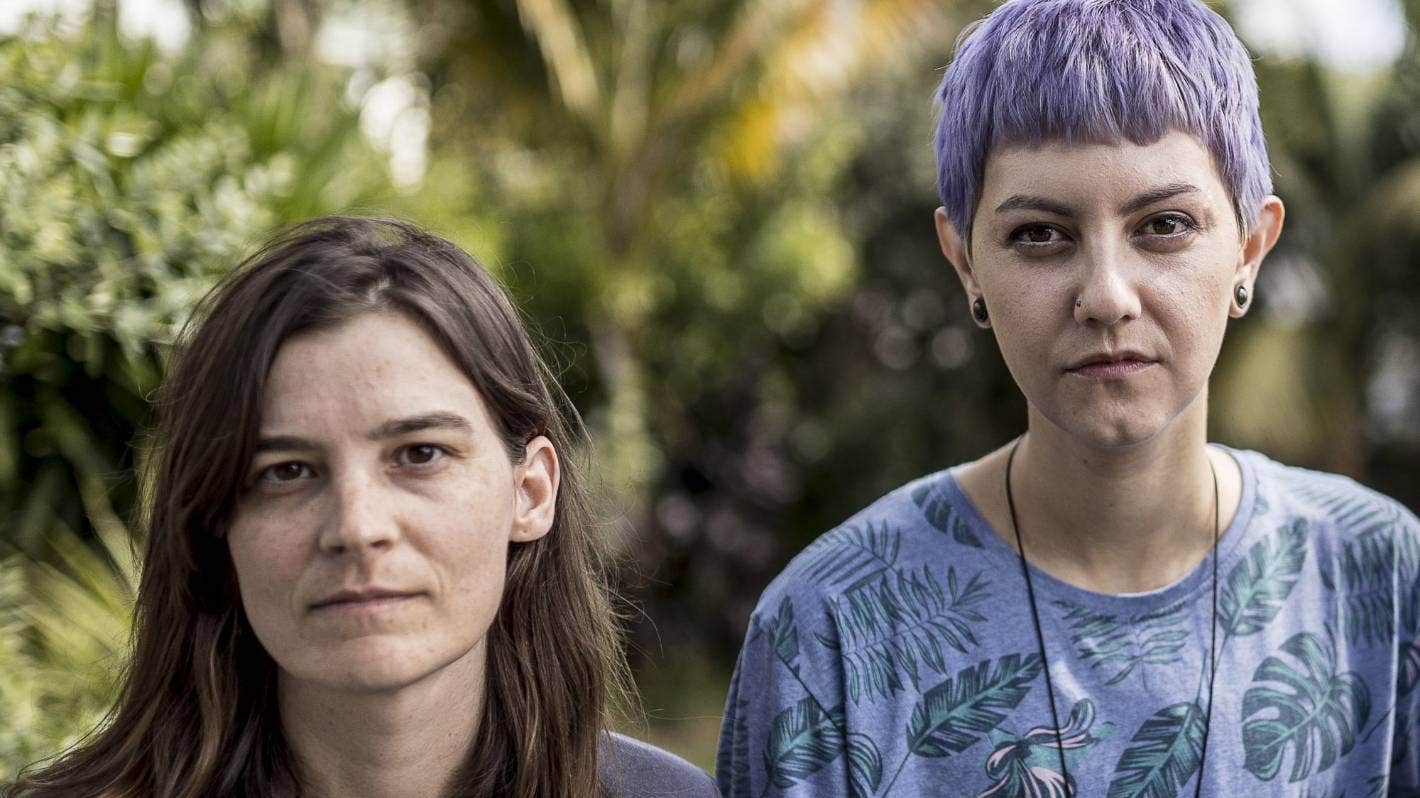
Wahine toa - Lydia Cole and Possum Plows. Photo: Ricky Wilson.
Online, artists were swift to comment on the allegations and share their own stories:
Anna Coddington wrote, “If I sound angry and aunty status it’s because I am”.
“Whatever the norms of the music industry have been in your experience to date, know that the behaviours in this article are fucking unacceptable. If you are a young, talented female or non-binary person trying to succeed in music you don’t owe anyone ANYTHING but your talent, some boring promotional time, and the agreed split of your earrings. You don’t owe anyone friendship, smiles, flirty convos, cool hairstyles, a slim body, a positive attitude, compliments or whatever.
"If you’re an older male in the industry - see above. These talented young people owe you shit, and they’re not into you. Keep your flirty feelings to yourself just don’t even start it. Be professional ffs. FFS!!!!”
In an Instagram story, Tami Neilson shared her own experience of sexual assault in the music industry, before calling out the music industry for their “deafening silence.”
And she is absolutely right.
For too long - whether it be in dive bars or board rooms, the entire music sector’s silence has spoken volumes - from its roadies to its CEOs, its frontpeople to its media.
While there are plenty of good and decent men within it, those who are not have been protected by a culture of silence, where microaggressions have been left unchecked and allowed to snowball.
Because silence in the face of sexual assault - be it an inappropriate comment, a purposely ‘stray hand’, rape or any situation that threatens the wellbeing and safety of women and non-binary people - is the implicit acceptance of the violent attitudes, actions, manipulations and power imbalances of rape culture.
It is collusion. It shouldn’t have taken a gut-wrenching read to open this conversation.
This has already been said a thousand different ways over the last few days, but non-performative change must begin at all levels, in all directions. Redefining policies and processes is well and good, but they don’t always translate into meaningful change.
The industry needs a cultural shift that starts with active discussions between men when they see or hear of unacceptable behaviour. Because it is not up to women and non-binary people to fix this. We can tell our stories until we are blue in the face, but until we are listened to in a meaningful way, until the onus of education around avoiding harmful behaviour is shifted from women and non-binary folk to men, nothing will truly change.
45% of women will still continue to feel unsafe in music venues and studios as reported in last year’s Amplify Aotearoa: NZ Music Community Diversity Survey.
We need to do better.
Far from Adeaze
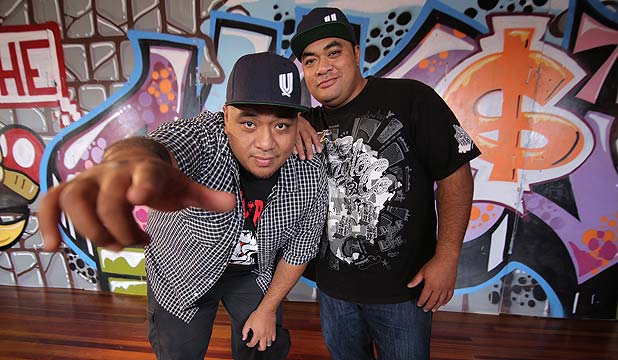
R'n'B duo Adeaze.
Shifting the focus slightly to women and diversity, Sonja Hammer’s review for Artshub Australia of the new Dawn Raid: Southside documentary notes that she was “disappointed that 'Polynesian Princess' Aaradhna is the only female artist depicted.”
It comes in the same week that Adeaze have asked fans to stop tagging them in posts about the documentary of Aotearoa’s first hip-hop label as they feel it doesn’t accurately represent their truth.
Describing their relationship with the label as “rocky”, one half of popular duo Nainz Tupai says that the decision to be involved “wasn’t easy” and that seeing the online content had "brought up so many memories that he wanted to stay buried". Director Oscar Knightley responded via Newshub "...as filmmakers we accurately reflected what he told us in his interview. Rather than talk through the media I'll just hit him up and catch up."
The film has been receiving largely positive reviews.
Hit song 190 years in the making
If sea shanties are more your sound, then you’ll be thrilled that Wellerman, a shanty about New Zealand is rocketing up the UK charts nearly two centuries after it was written.
Its rise to fame started on TikTok, sung by Nathan Evans, a Postman who now has a record deal. The song tells the tale of the Wellers, a whaling family who arrived in Dunedin in 1831. The rendition by The Longest Johns is currently sitting on the UK’s Top 40. RNZ tracked down Edward Weller's great-great-grandson and namesake, Edward Ellison.
A positive step
The subject of arts in schools is a touchstone for many in our community - and a persistent bugbear of many, including here on The Lowdown.
Welcome then is the announcement this week that Students studying Māori Performing Arts at NCEA level will now have their credits count towards university entrance.
RNZ reports that thirty secondary schools and wharekura will be piloting Te Ao Haka, a new Māori performing arts subject, as part of efforts by the Ministry of Education to ensure parity of Māori knowledge. There are of course plenty throughout Aotearoa already studying Māori performing arts, but the move to make it part of a pathway to higher education will hopefully encourage more students to be invl\olved in the future.
Snailed it
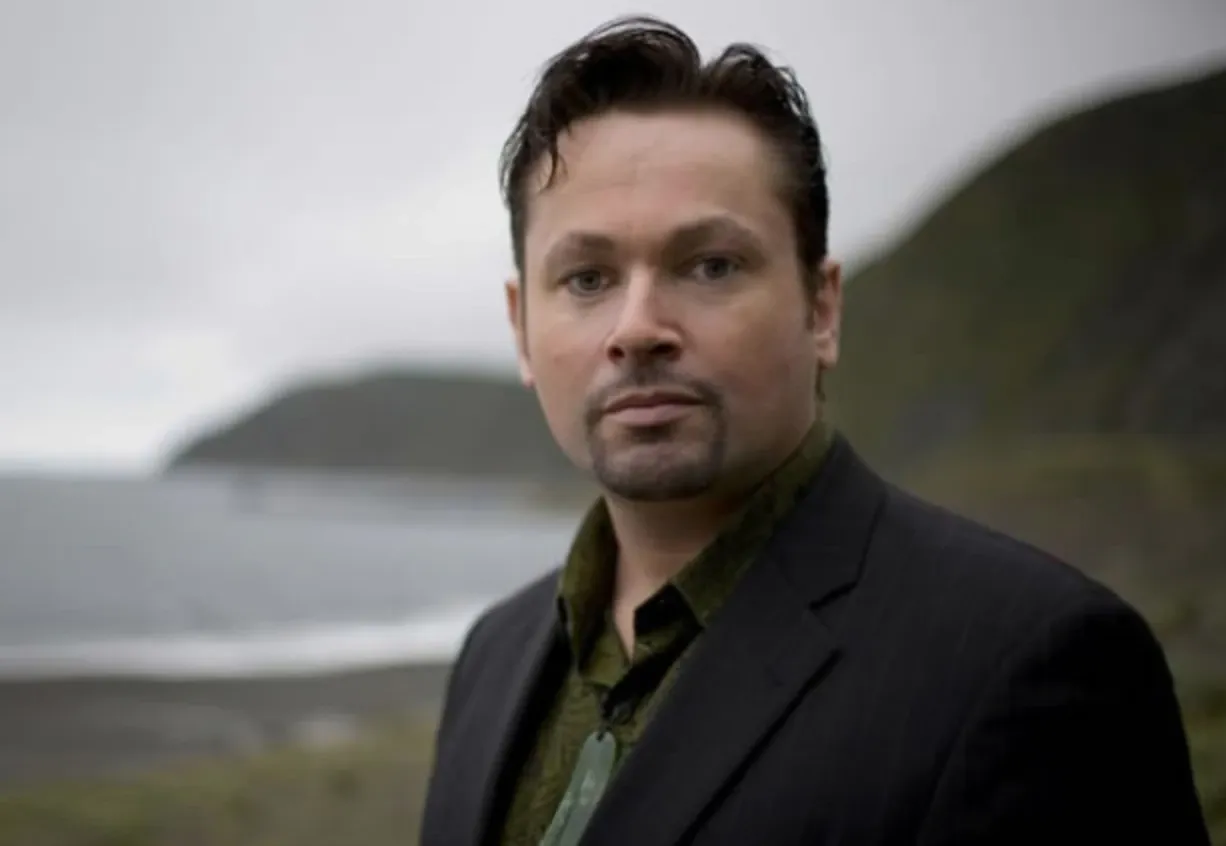
Gareth Farr. Photo: Supplied.
In 2005, highly acclaimed New Zealand composer Gareth Farr was the subject of a documentary, punnily called Farr from Heaven. 2021 has seen his name grace the pages of biology papers, by having a snail named after him.
The tiny Obtusopyrgus farri was discovered by German scientist Dr Martin Haase and then-PhD student Dr Gerlien Verhaegen from Belgium during a research trip to New Zealand in 2016. Farr, who is the recipient of an order of merit, and an arts laureate considers the naming right “up there among them.” Congratulations Gareth!
